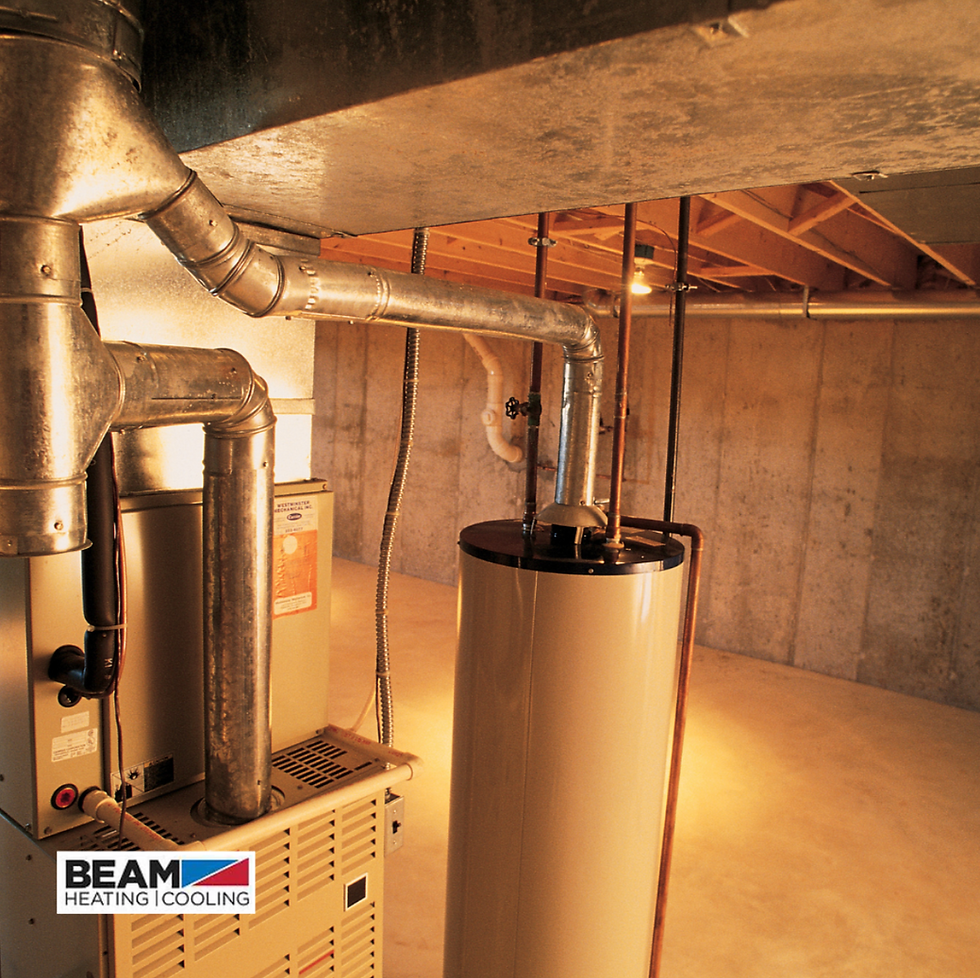My Air Conditioner is Dripping—What Should I Do?
- gary4815
- Jun 17, 2021
- 3 min read
Finding water in places where it doesn't belong is a huge source of concern. Not only are you concerned about where the leak is coming from (and how much it will cost to fix it! ), but you're also concerned about how much it will cost to fix it. However, you're also concerned about property damage. When your air conditioner leaks water inside, you must act quickly to avoid water damage and costly repair fees.
We know you're reading this because you're curious about why your air conditioner is leaking water. But, before you try to figure out why, take these precautions to avoid or minimize damage:
Turn off the air conditioning system. This is necessary to stop the flow of water and protect your equipment from additional harm.
Clean up any leaking water to avoid damage to your home's walls, floors, ceilings, and even furniture and decor. If there is a lot of water, use a shop vac.
So, what do I do now?
Water leaking out of your air conditioner has a serious problem. We'll go through three of the most prevalent causes of this problem, as well as what has to be done to resolve it.
The condensate drain is clogged - This drain aids in the removal of collected water from the unit. If rust, dirt, debris, or algae build up in the drain, it can partially or totally clog it, causing the A/C to leak.
Frozen Evaporator Coil - This makes the coil extremely cold. However, if ice forms on the coil, it will cause significant issues for your air conditioner. The biggest problem is that your air conditioner will lose its cooling power and start to overheat. Also, as that frost gradually melts and drips down, that water can flood the drain pan and spread into your home. So how does ice form on the evaporator coil? The most common reason this happens is a lack of airflow through your AC system. Usually, the culprit is a dust-clogged air filter. When your system’s air filter gets blanketed in dust, your system struggles to pull air through it. Consequently, there is very little warm air flowing over your cold evaporator coil, and the coil can start to form frost. Low refrigerant levels (due to a refrigerant leak) or a buildup of dust and grime on your evaporator coil can also cause it to form ice. Because refrigerant is toxic and harmful to the environment if mishandled, a trained and certified HVAC technician will need to solve this issue.
Cracked or Overflowing Drain Pan - Your drain pan is located underneath your indoor air handler (which houses your evaporator coil), and catches any condensation from your air conditioning unit. With the unit turned off, inspect your drain pan and pipe for leaks. The pipe is usually connected to your drip pan and discharges the condensate outside. Use a wet-dry vac to clean the overflow pan and inspect the bottom, corners, and edges with a flashlight. You can temporarily fix a cracked drain pan with water sealant, but it is best to just call a professional to fix it.
Say goodbye to a leaking AC
You might be able to solve the problem yourself if you know what to look for when your air conditioner is leaking water. If you're not sure why the leaks are occurring, call in the experts at BEAM HVAC for assistance.
Most air conditioner leaks can be easily fixed with the appropriate diagnosis before they get out of hand. In most circumstances, you can fix the problem and enjoy a cool, leak-free house throughout the summer.
For more information on our services and how BEAM HVAC can help you, contact us today.




Comments